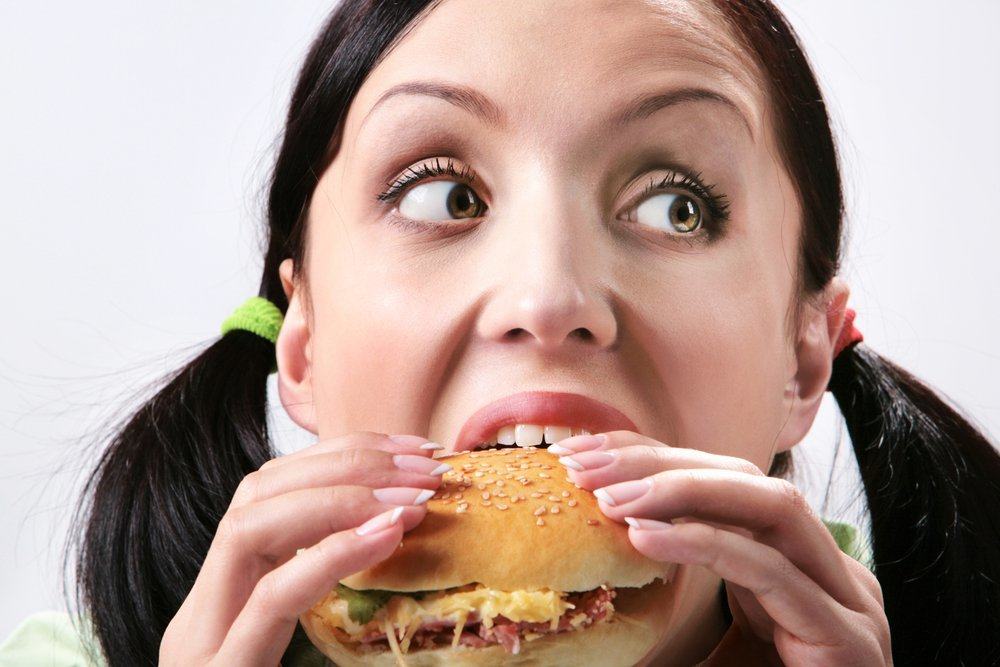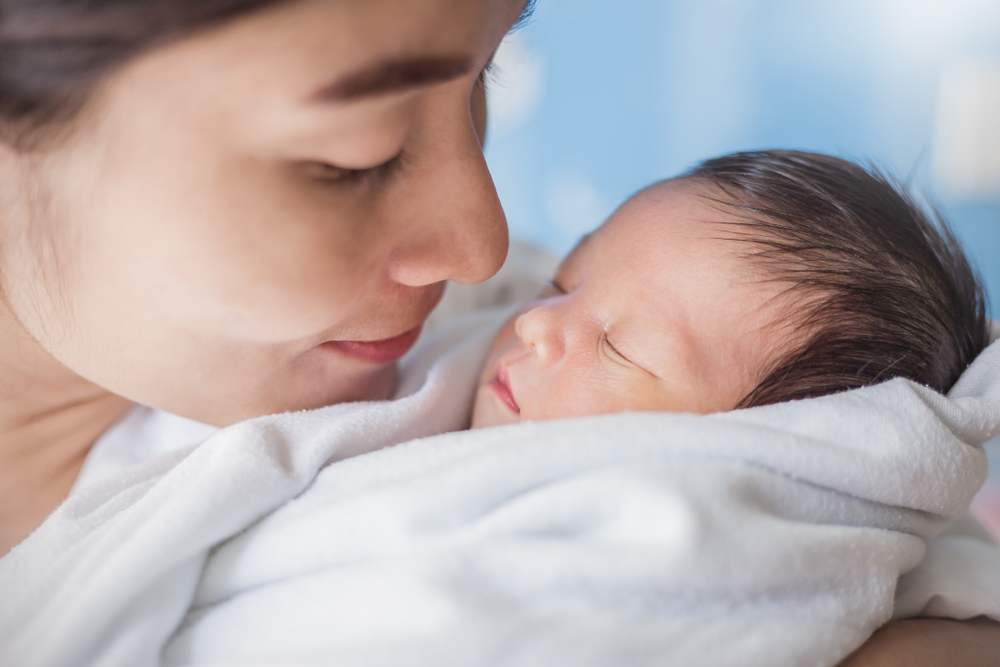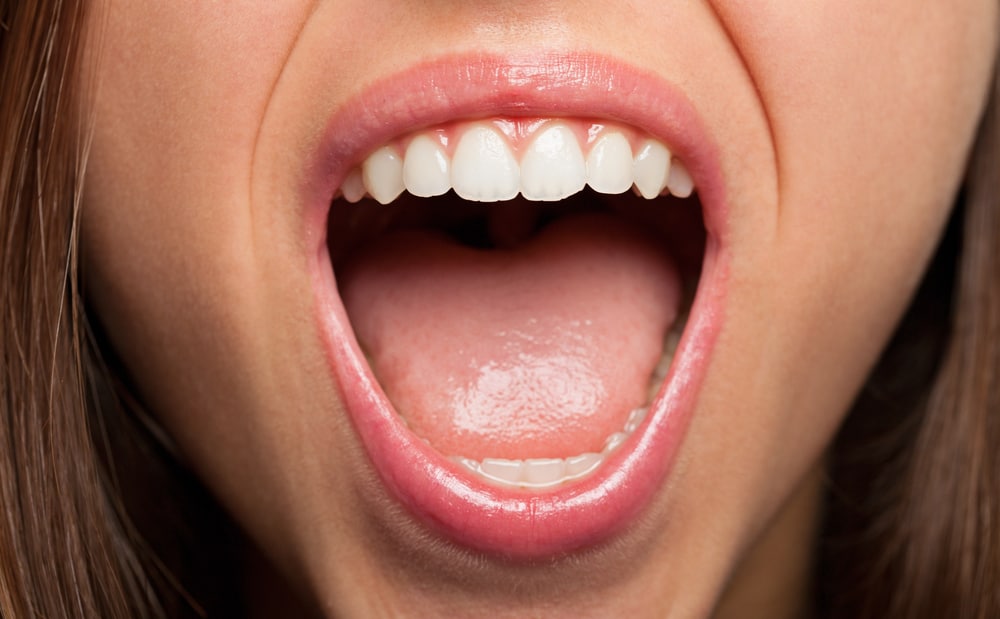Contents:
- Medical Video: 9 Strategies to Stop Overeating
- What is that emotional eating?
- Emotional eating can cause weight gain
- Emotional eating can be formed since childhood
- What's the difference? binge-eating?
- How to deal with it emotional eating?
- Learn to recognize hunger
- Make a note
- Find other activities as an escape from your emotions
Medical Video: 9 Strategies to Stop Overeating
Have you ever felt sad or angry and then you looked for good food? Be careful, you might be experiencing emotional eating. At that time, food may calm your mind and release your stress for a moment. Eating when emotions can make the amount of food you eat uncontrolled and cause weight gain.
What is that emotional eating?
Emotional eating or emotional eating is when you use food as a way to overcome your emotions, not eat because you are hungry. When you are angry, sad, stressed, etc., some of you may be looking for food to calm your emotions. Food is usually used as a distraction. At this time, you choose to just eat so that you get comfort compared to thinking about your problem or the conditions that hurt you.
During stress, the body experiences an increase in the hormone cortisol in response to stress. Today, you also experience an increase in appetite as an effort by the body to provide the energy needed to respond to stress. In the end, you will look for food to give you comfort.
Emotional eating usually associated with negative feelings, such as when you are feeling lonely, sad, anxious, afraid, angry, bored, or stressed. These emotions usually cause you to eat more without thinking of any food and how much you eat. If this is done continuously, there is no possibility emotional eating can affect your overall weight, health, and well-being.
Emotional eating can cause weight gain
People who tend to connect food with comfort and not for reasons of hunger are usually more prone to experience emotional eating. Conscious or unconscious, you usually eat when you are facing difficult problems, are stressed, or bored. When you feel these emotions, you can just spend a lot of food without thinking.
Food consumed when emotional eating usually it is high in calories and high in carbohydrates. For example, ice cream, biscuits, chocolate, snacks, french fries, pizza, hamburgers and more. Not to mention, if you often make food an escape to relieve stress, you might be able to eat more than three times a day in large quantities. This is what can cause weight gain, even obesity if it persists.
Emotional eating can be formed since childhood
40% of individuals tend to eat more during stress, while around 40% eat less, and the remaining 20% experience no change in the amount of food when stressed.
This emotional diet can be formed indirectly from childhood. For example, parents offer you food when you are sad, lonely, or angry to calm you down and make you feel comfortable. In addition, parents who often reward your favorite food when you succeed in achieving something also contribute to emotional eating behavior. Therefore, do not make food a gift or punishment for your child.
What's the difference? binge-eating?
The difference is in the amount of food consumed. In people with emotional eating, maybe he can eat moderate to large quantities and he eats it with emotional feelings. Whereas, people with binge-eating can spend larger amounts of food.
Binge-eating also have recurring episodes for eating. In addition, they also eat faster, hide the amount of food they eat because they feel embarrassed, and feel guilty after doing binge-eating.
How to deal with it emotional eating?
Because of the impact of emotional eating can make your health worse. Preferably, overcome it emotional eating with this way:
Before you start eating, you should ask yourself if you eat because you really feel hungry. Usually, if you feel really hungry, you will feel signs, such as the stomach feels "rumbling", difficult to concentrate, and easily angry. If you don't feel really hungry, maybe you can delay your meal later.
You can reduce habits emotional eating You by making a note of eating. In the note, you can write down what foods you eat, your mood when you eat, whether you are really hungry at that time, and at what time you eat. You can study your notes. If you find time when you overeat when your feelings are emotional, then at other times you can avoid them more. You can release your emotions before eating, you can walk or do your favorite activities, this method is healthier.
If you are emotional and want to eat, you should immediately find other activities that can calm you, such as listening to music, writing, reading, playing musical instruments, painting, sports, and so on. This can make you less likely to see food as emotional satisfaction. That way, habits emotional eating You will gradually decrease.
READ ALSO
- Faster Make Slim: Reduce Eating Fat or Carbo?
- Eating at Night Makes Fat, Myth or Fact?
- Negative and Positive Effects of Coffee on Someone's Mood












